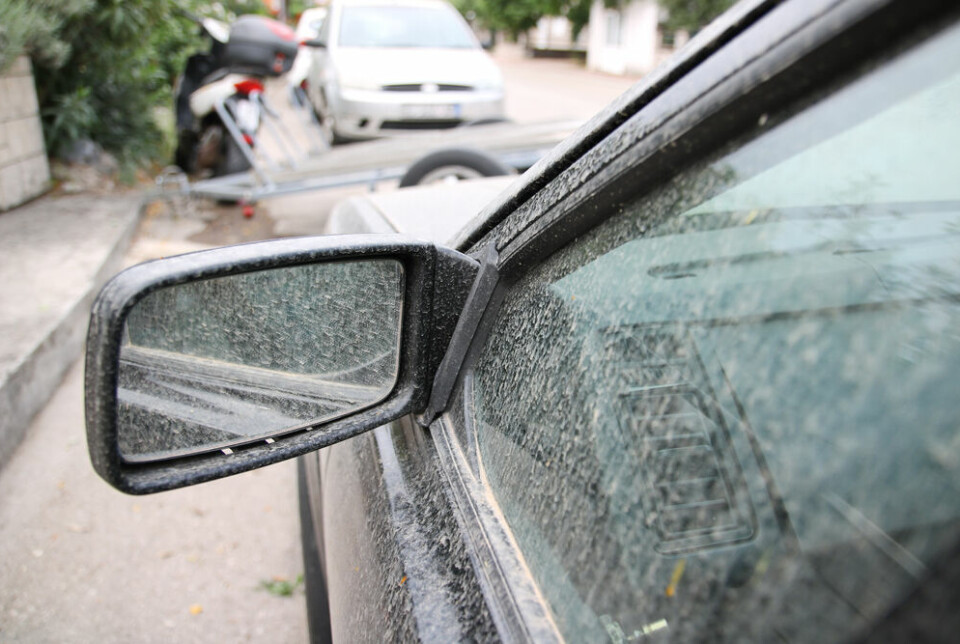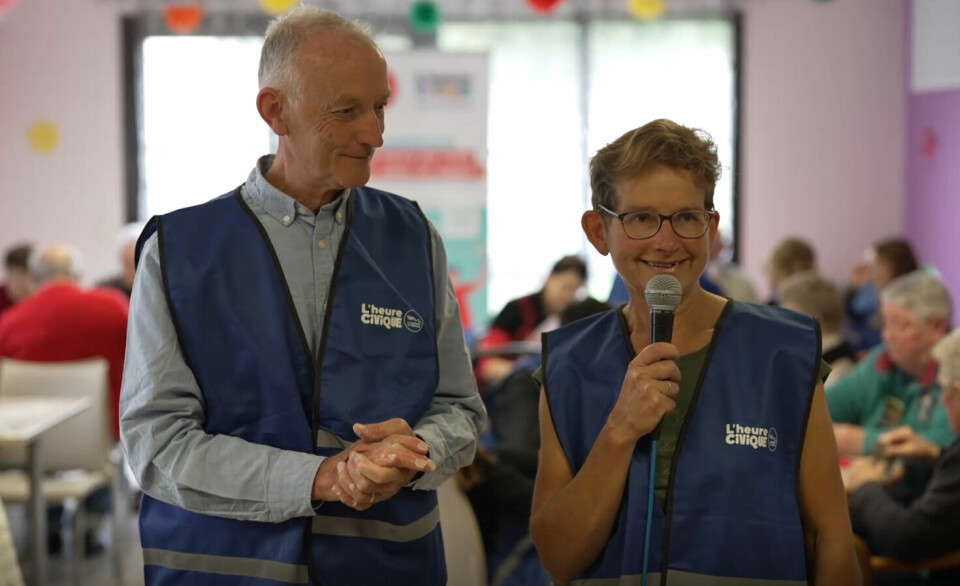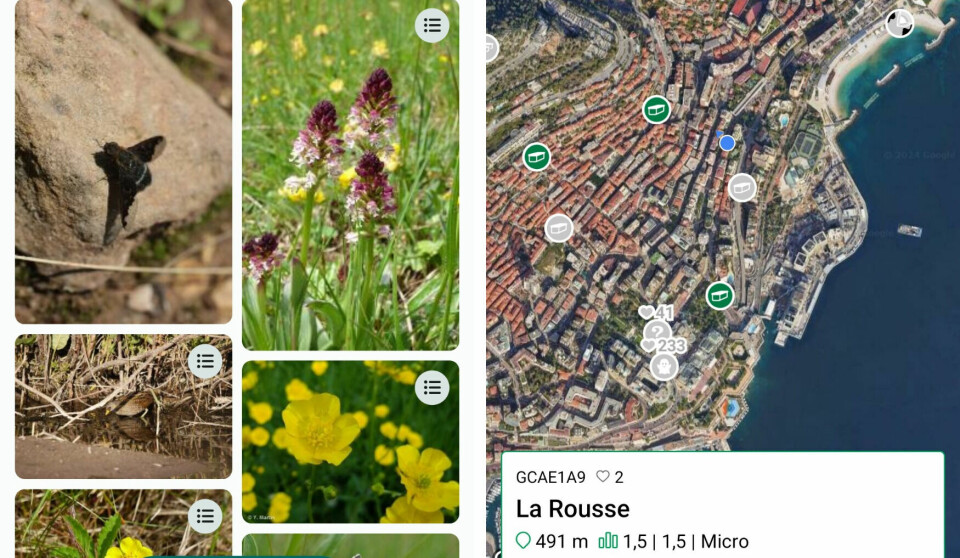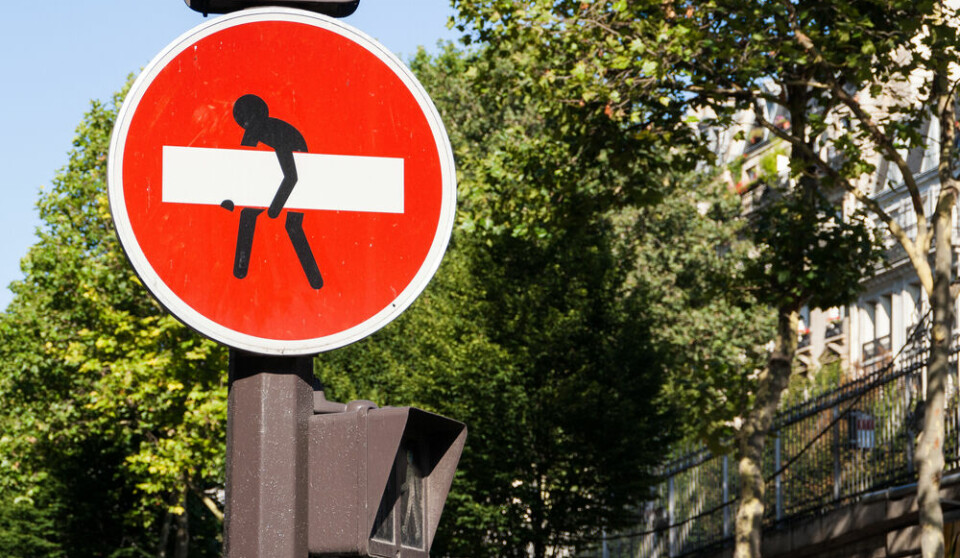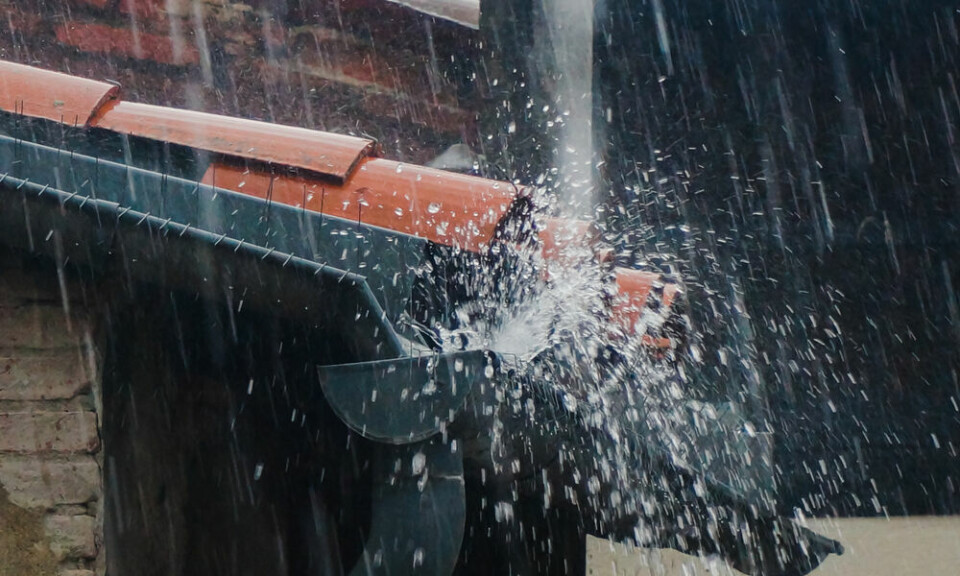Saharan winds bring sands and storms to France this weekend
Rains could last until May 1 bank holiday next week, with no part of the country spared
Sand deposits can often end up on cars and buildings
Jure Divich / Shutterstock
France’s frosty temperatures will finally end this weekend however in many regions they will be immediately replaced by winds bringing deposits of sand from the Sahara.
The warm winds from North Africa will bring not only sand particles to much of south and central France, but also be partially responsible for fierce storms forecast over the weekend.
These winds will begin to raise temperatures – particularly in the south – towards typical April averages, however at the same time will come into contact with the cold northern winds currently over France.
They will clash, particularly across central and southern France on Saturday before moving north on Sunday.
In parts of the Cévennes (Occitanie), up to 200mm of rain is predicted between Saturday (April 27) and Wednesday (May 1).
Gales of 100 km/h are also expected in the area.
Rainfall is expected to continue in all of the country until the May 1 bank holiday, although the storms themselves will dissipate by Monday.
Ad
Read more: Why are temperatures yo-yoing in France?
Where is sand expected to fall?
The sand will be pushed over the Mediterranean on Friday, covering Corsica, before hitting the south-eastern coast of France.
Ad
It will move northwards alongside the mass of warm air, covering the Alps and eastern France in particular, however almost all of the country except Brittany will be affected in some way.
It will reach its peak on Sunday (April 28).
As it is carried over the Mediterranean by the winds, the sand gets crushed into smaller and smaller pieces, usually arriving in the form of fine dust particles by the time it reaches France.
These can not only change the colour of the sky – usually to various hues of orange – but also end up covering cars, streets, and buildings.
The particles are not more dangerous than other microparticles, but can still be inhaled.
People with respiratory illnesses, young babies and elderly people should be careful when outside, and rigorous exercise should be avoided.
Deposits of Saharan sands are not uncommon in France but they have become more frequent in recent years.
Read more: LIST: Calendar of main pollen allergies in France month by month
